Since the media called President-Elect Biden’s win on Saturday November 7, numerous calls are rising up for the healing of a divided nation. Even the President-Elect himself called for it in his victory speech. I am in the business of healing, and I am pessimistic. Perhaps because, while I recognize he is far from perfect, in Joe Biden I see the type of father that I needed to have and didn’t get. Unconditionally accepting of me and others in my rainbow family, practices his faith in a compassionate and non-judgmental way, willing to grow with the times and make changes, able to work alongside a very powerful woman who once criticized him harshly—all of these are qualities that I needed in a father. And while it’s normal to have a good portion of Americans not agree with someone they didn’t vote for, so many Americans—including many folks that I care about—swear that Joe Biden and his family are part of some kind of high crime cabal. They resent being fact checked by credible sources in this climate of frenzied misinformation. And they cannot seem to understand why the outgoing leader they held in such high regard is a potent reminder of so much trauma and pain, or in some cases, the direct perpetrator of such pain. I do not personally know of any LGBTQ+ folks who feel safe in Donald Trump’s America. When I see the interviews of people in my community who did support him, I see the pain of internalized homophobia and misogyny that I one swallowed whole in order to survive in hostile territory.
Perhaps I am pessimistic because, growing up in the most toxic forms of Conservatism that included daily spoon feedings of both Rush Limbaugh and Evangelical interpretations of the Bible, I know how insidious the messaging can be. This upbringing taught me to be skeptical of Black people and other minorities who didn’t play along, to bully vulnerable people with a very limited interpretation of what it means to be “pro-life,” to chastise anything having to do with the gay agenda or the homosexual lifestyle, to reject the teachings of psychology, and to besmirch feminism. These were beaten into me so hard by my church, my Evangelical parent, and the Conservative media that parent forced me to consume, the only reason I stood a chance of seeing others’ perspective and eventually getting out is because my recovery allowed me to. I tried for so many years to play along, assisted by regular bouts of self-injury, suicidal ideation and attempts, and a full-blown addiction by the age of 19. I never would have survived and made something of my life if I didn’t escape and learn to live as the most authentic expression of myself possible. And I’m sick and tired of watching so many queer folks die under the influence of this Conservatism, whether it be due to their own suicides and overdoses from swallowing all of that shame, or being murdered at the hands of hate mongers, so commonly the case with trans women of color. I got out because I needed to take a good hard look at the systems that led me to implode so young, and in learning about these ways that I’d long been taught to fear, I realized that they more accurately defined me.
For years I’ve tried to play bridge builder. In many areas of my career I’m the poster child for it, and I’ve joked that growing up the way I did yielded this professional skill. I don’t demonize all Conservatives because I love so many of them dearly. I do understand how being asked to confront what you’ve always believed can feel like a threat to your very survival; even if those beliefs reflect a great deal of denial about how other people live and experience America. During the 2016 election I tried to take this full metal loving kindness approach, which drew some criticism from many of my fellow liberals as being soft on injustice. And when the election of Donald Trump actually happened, I felt like my world was pulled out from under me. Part of the shock is that I didn’t even prepare myself for the possibility that it could happen. As the survivor of narcissistic abuse on many fronts, I didn’t understand why people couldn’t (or wouldn’t) see it. I felt insulted that a well-qualified, albeit imperfect, woman could still lose to a white male bully with no qualifications and an even greater legacy of scandal. The fact that she lost because of the great American, racist technicality that is the Electoral College made it sting even worse.
Now I see many Conservatives struggling to come to terms with the 2020 Election, although many are now emboldened by four additional years of Trump’s incendiary rhetoric. I am at a loss for how to be any kind of bridge builder right now, because I will no longer go back to that place of hiding who I really am as a queer person, as a woman, and as proud American who believes that we as a nation can do so much better. We can still be proud Americans and recognize the ugliness of our history. We can live in a society where there is a true separation between Church and State. We can begin a path to restorative justice by remaking a society where Black, Brown, and Indigenous lives do matter. Because the architecture of our nation was built at a time when they most certainly didn’t. If people on the other side can’t at least begin to acknowledge these realities, I honestly don’t know if I can sit down and dialogue with anyone on the other side right now.
Perhaps my rage is still too high and my sadness too deep. As my dear friend and ICM team member Patrick Monette lovingly pointed out, I am clearly outside my affective window of tolerance right now. So the best move may be to step away, feel my feelings, continue to engage in healing practices, speak up about what I believe as I usually do, and not force connection just yet. I am setting the intention to at least approach people who believe differently than I with as much respect as I can muster, while still being true to myself. A comment exchange that got way out of hand on my page a few days ago taught me that, despite the abounding Trumpian rhetoric of “fuck your feelings,” people on the Right have feelings too. And it reminded me of just how much hurt people really can lash out when they feel unseen, regardless of where they stand politically or morally. We can stand up for our beliefs, state how something makes us feel, and even challenge behaviors or positions with a simple comment like, “Can you provide a credible, fact-checked source for that?” We can use the angry-face emoji to express our feelings.
Yet it’s never right to call people names or wish them harm. Today, that is what I can muster, and I challenge people who visit my page to accept that invitation as well. And while tolerance does not mean that I or any of us have to tolerate abuse, I encourage you to set the boundary either by simply walking away or standing up for yourself in as direct of a way as possible without the name calling or shaming. This is the kind of bullying I’ve spent the last four years fighting against and the kind of shaming I’ve spent a lifetime transforming, and I don’t want to be a party to it. At least as I write these words tonight, I am certain that healing can happen through directness, yet never through bullying.
My working definition of trauma is that of a wound in need of healing; the English word trauma derives from the Greek word wound. In my teachings on trauma, I spell out a rather complex metaphor on how so much of what we’ve learned about physical injury can give us a blueprint for healing emotional trauma. And some injuries never truly heal. Not in a “go back to the way it should be or could be before the injury” kind of healing. Think of a person who is born with a missing limb or with a chronically irreversible medical condition; they can learn how to adapt with available resources, and they can even live a full and meaningful life. Yet nothing can ever change the original injury. I wonder if this part of the metaphor gives us some insight, as a nation, in how to move forward.
Honestly, I’m not sure yet.
Healing means everything to me. Healing is why I am even alive to write this essay, teaching others how to heal themselves is my life’s work, and I do believe that the world will change when we can all learn to heal our own traumas.
In this moment, I am stumped.

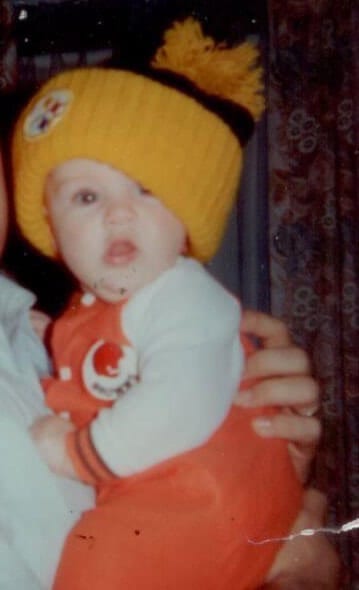

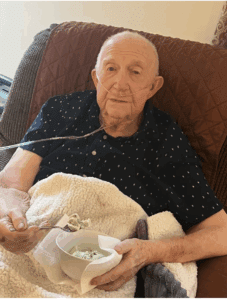
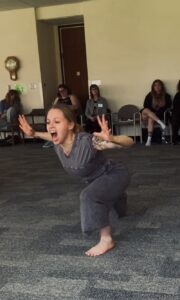

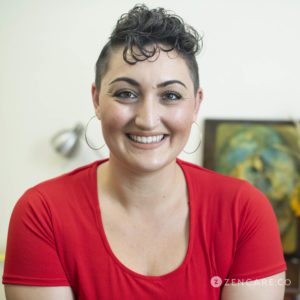


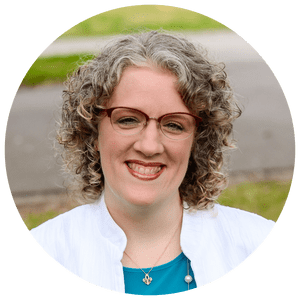
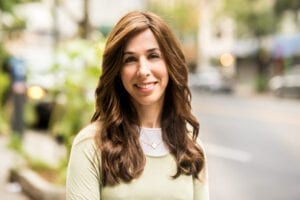

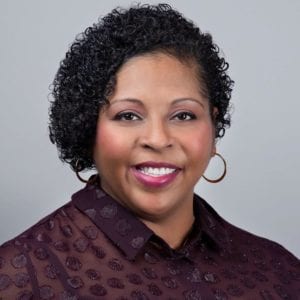
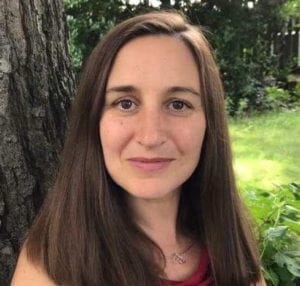

One Response
🙏🙌💥🌈